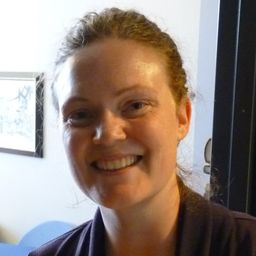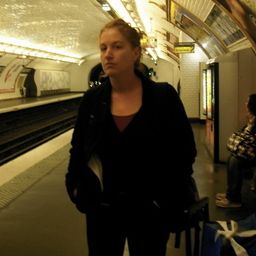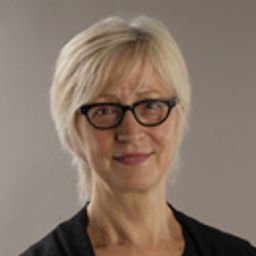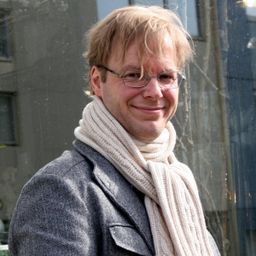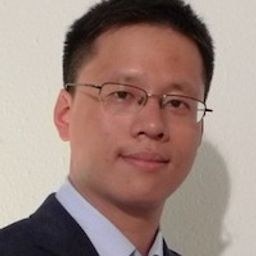Critical Heritage Theory: Foundational Cores and Innovative Edges
Mon statut pour la session
Reflecting on “What does heritage change?” and the current state of the field—its theorists, its practices, and its promises—one critique could be that heritage studies lack a rigorous theoretical or methodological approach. It is something of an irony that so little discussion has been devoted to the intellectual heritage of heritage studies. What theoretical foundations hold the field of heritage studies together and compose its core? What intellectual roots stabilize the field into a coherent endeavour? At the same time, what are the edges of its innovation? As a multidisciplinary, interdisciplinary and transdisciplinary arena of collaboration and intellectual "poaching," heritage studies have thrived at the edges of innovation vis-à-vis well-established disciplines. However, as with most interdisciplinary fields, this could be a strength as well as a weakness, and heritage studies stand vulnerable to criticisms of having a weak or even "vacuous" core, or engaging in intellectual dilettantism. In this session we propose it is only by mapping its core theoretical strengths, embedded in a critical intellectual tradition, that we can assertively push forward in innovating along its edges.
Moreover, locating heritage studies in the critical tradition articulates with important debates on how the identity and expertise of the professional heritage scholar is being reconstituted and reimagined. This session continues those debates, and argues that such discussion is most productive when engaging heritage professionals both inside and outside the academy. After all, a major premise of critical heritage theory is to include voices from inside and outside academia, and to provide more interactive models, with mechanisms to identify theoretical and substantive insights and intervene in contemporary debates.
Sous sessions
Theory building in heritage studies in general, and critical heritage studies in particular, has to be eclectic and wide-ranging. However, to actually be “critical,” rather than up to date or fashionable, we think that it is important to be judicious about where we draw our inspirations. To us, being critical means more than being literate in the social sciences. It involves, in theory and practice, an orientation to issues of power and social justice that is not simply rhetorical,...
Conservation has conventionally been seen as an endeavour located at the edge of cultural heritage studies. Positioned in a zone defined by pure praxis—involving a diverse set of pursuits relating to science and technology, craft, connoisseurship, art history, and material culture studies—conservation has not been perceived as a discipline with its own history or with its own critical theory, beyond certain professional ethical guidelines and constraints. However, recently practitioners in...
The title of the paper refers to Tony Bennett’s article “Acting on the social” and his employment of the Foucauldian notion of governmentality exploring culture as reformative discourse and strategy. Taking Bennett’s lead in this respect, this paper will tackle cultural heritage as a governing strategy. It will discuss the emerging notion of national Icelandic heritage in early twentieth century by way of Rodney Harrison’s (2013) formulation of heritage as “an active process of assembling ...
The Convention for the Safeguarding of the Intangible Cultural Heritage, adopted by the General Conference of the United Nations Educational, Scientific and Cultural Organization (UNESCO) in 2003, extends the field of cultural heritage to intangible elements. These include cultural practices, representations, expressions, knowledge, and skills nowadays better identified as intangible cultural heritage (ICH). This new cultural paradigm raises the need for cultural policies to take into acco...
This paper will examine the relationship between cultural property and cultural heritage with reference to case studies from Greece (Parthenon sculptures) to Morocco (Jemaa el-Fna) and from Iceland (medieval manuscripts) to Greenland (Utimut). Although their boundaries are often blurred and there are certainly overlaps and overflows between cultural property and cultural heritage, we will argue that historically the two represent fundamentally different approaches to subject formation, pro...
The discipline of anthropology has been home to some of the most productive elaborations of cultural heritage research in the United States. In part, the concerns of heritage studies resonate so well with American anthropology because of the “four-field” strengths of housing archaeological and ethnographic researchers within the same field and departments, which in the Boasian tradition of anthropology in the US has produced a rich legacy of work combining archaeological and ethnographic m...
This paper will ask what does heritage change when it is transnational, and also as it transnationalizes? Drawing on the my work on an EU-funded social platform designed to help point EU policy towards a more cohesive and inclusive cultural heritage, this paper will entangle itself in the theoretical conundrums surrounding cultural memory in the European space. Europe’s complicated history of military and colonial endeavours has generated a compendium of horrors, something that the heritag...
A journalist at a dinner I attended some years ago described the prospect of Turkey being admitted to member status in the European Union as bringing Turks “to the very doors of Christendom.” Obviously, this statement was referring the alarming prospect of a Muslim nation in the EU—whose members were then (and still are) overwhelmingly Christian. Now, the EU is again being been faced with a different, and more immediate, prospect of Muslims in Europe. Anxieties over the Syrian refugee cris...
Established in 1994, The International Journal of Heritage Studies (IJHS) was, in hindsight, a landmark in the development of heritage studies. It offered a friendly scholarly haven for in which academics, practitioners and policy makers could publish their insights. It provided an outlet for work that might be seen by some journals as marginal or too focused on sites or management issues to be seen as viable, or in others as too interested in the ‘soft’ issues of heritage management. Over...
What is the role of the critical heritage theorist? While scholars define and debate the contours of critical heritage theory, the role of the critical heritage theorist has not yet been explored. Heritage scholars (and activists) often work at the intersections of policy and academe, corporate and government, personal and political. Their work not only transcends borders (i.e., geographical and geopolitical), but also disciplines. Drawing from research on heritage landscapes Alas...
